-
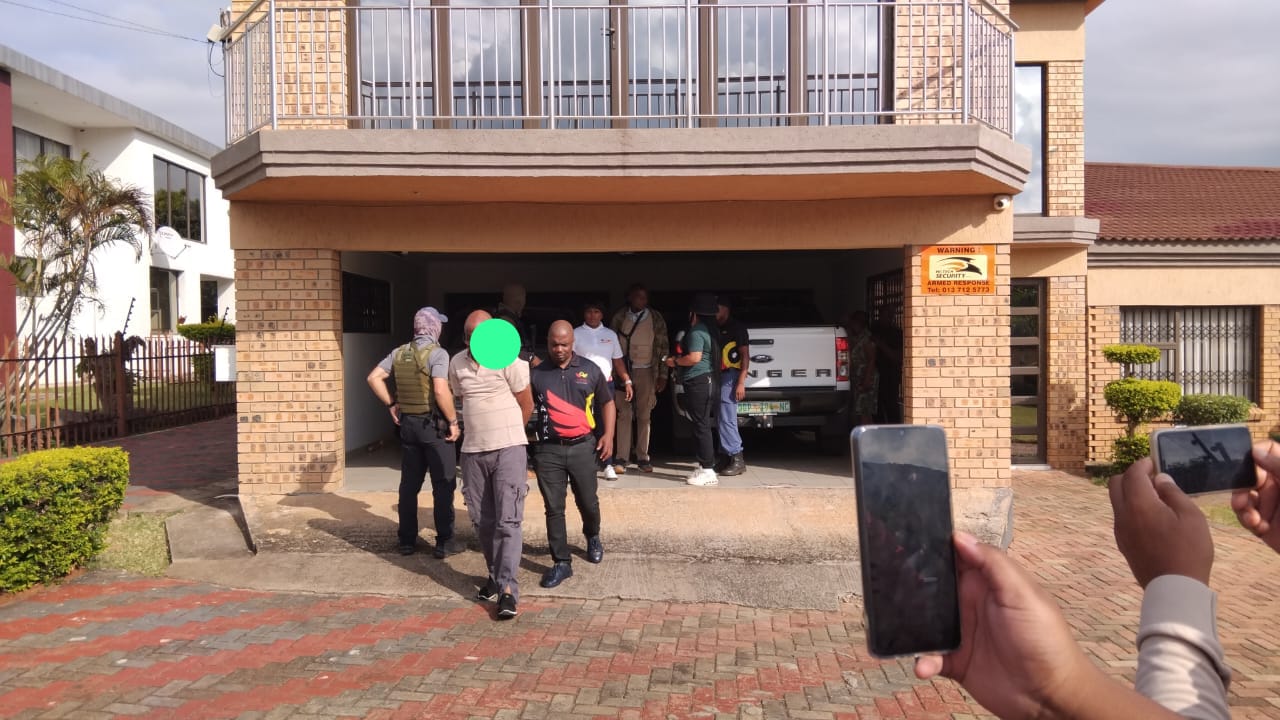 Hawks pounce on Mpumalanga government officials in another repairs and maintenance scandal
Hawks pounce on Mpumalanga government officials in another repairs and maintenance scandal
-
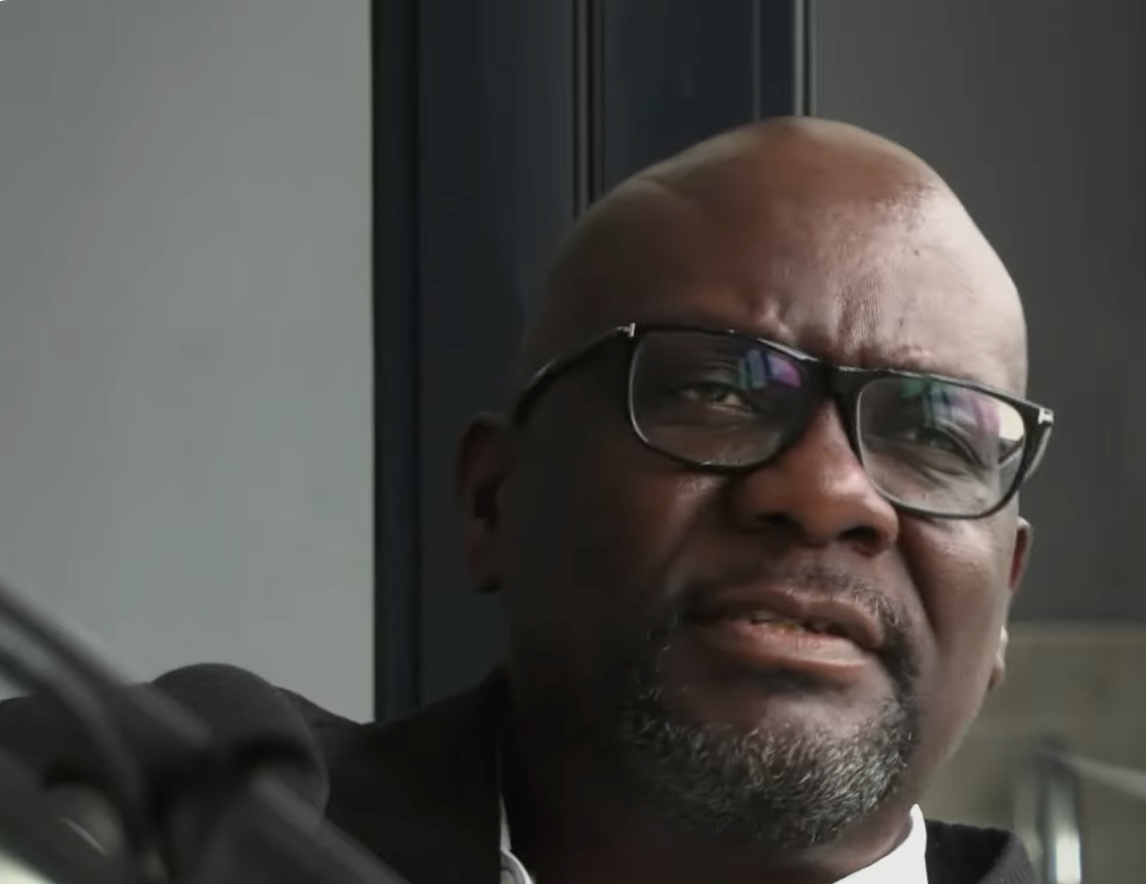 Mulaudzi files R5bn claim against the state
Mulaudzi files R5bn claim against the state
-
 Evaluation Board reinstates disputed value on Rupert’s Mpumalanga property
Evaluation Board reinstates disputed value on Rupert’s Mpumalanga property
-
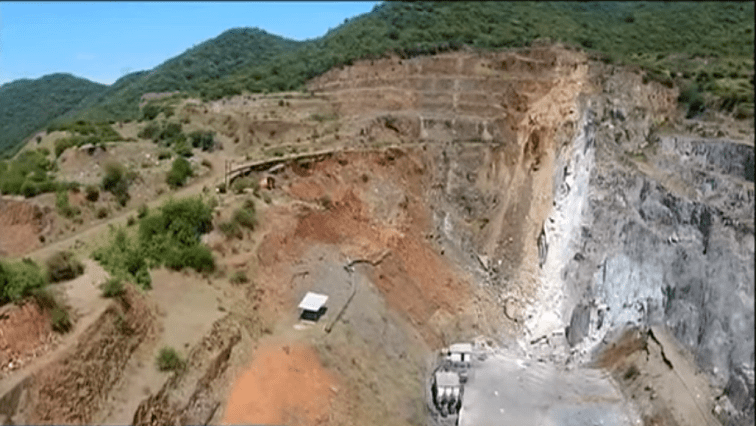 Arqomanzi accused of delaying Lily Mine sale because it’s eyeing R141m profit from loan claim
Arqomanzi accused of delaying Lily Mine sale because it’s eyeing R141m profit from loan claim
-
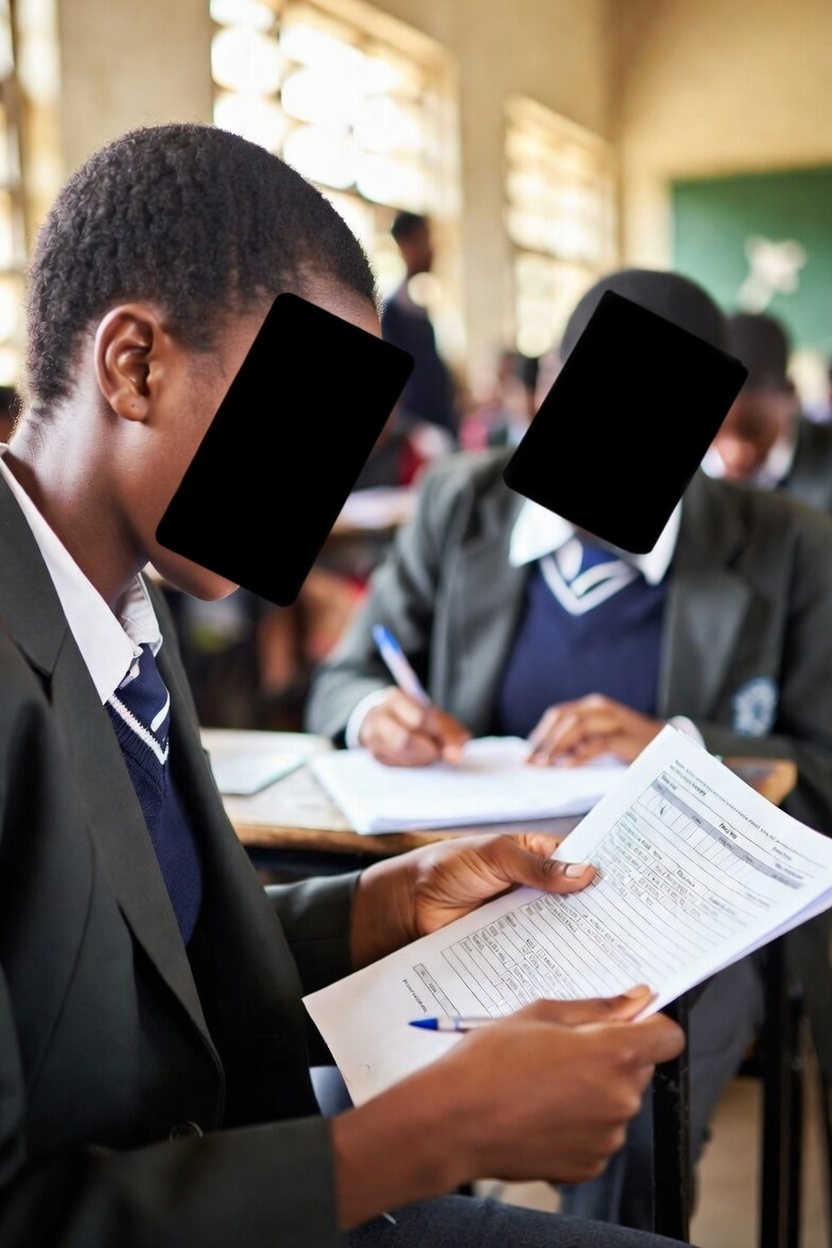 Matric cheating rocks Mpumalanga once again
Matric cheating rocks Mpumalanga once again
-
 Mvianga dismisses Royal Bafokeng’s response to his court application
Mvianga dismisses Royal Bafokeng’s response to his court application
-
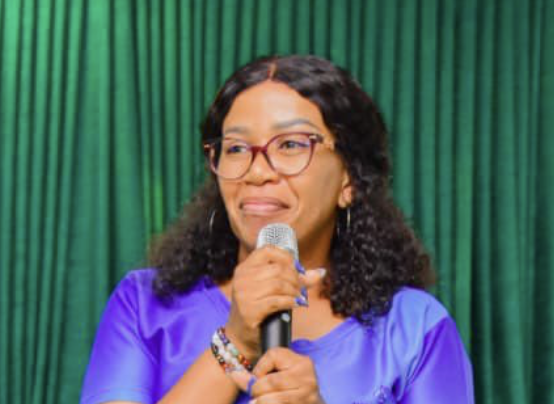 ANC denies ever raising funds from City of Matlosana
ANC denies ever raising funds from City of Matlosana
-
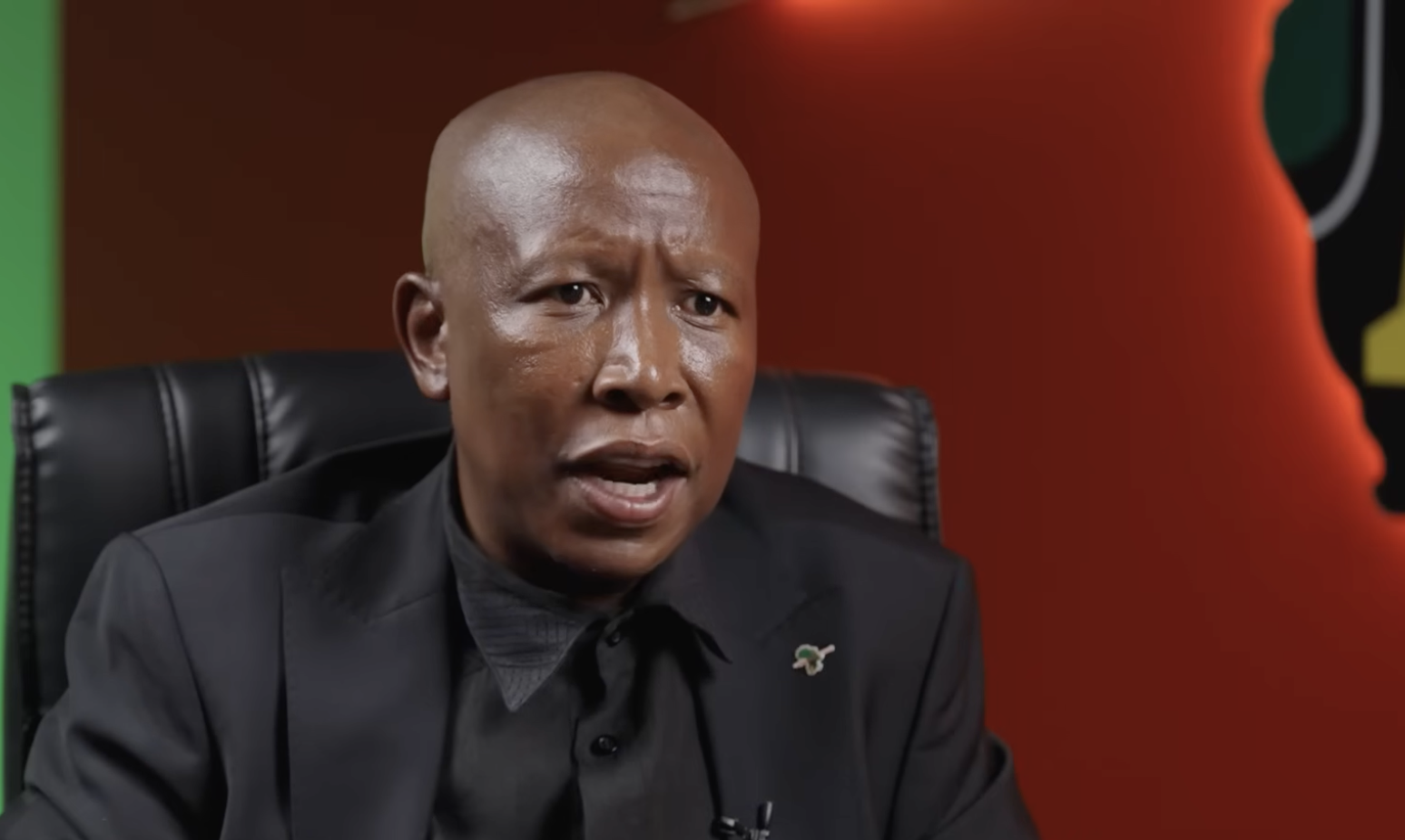 ‘SA must boycott the World Cup’ – Malema
‘SA must boycott the World Cup’ – Malema
-
 Transnet loses third court battle and ordered to pay R60m to Gijima
Transnet loses third court battle and ordered to pay R60m to Gijima
-
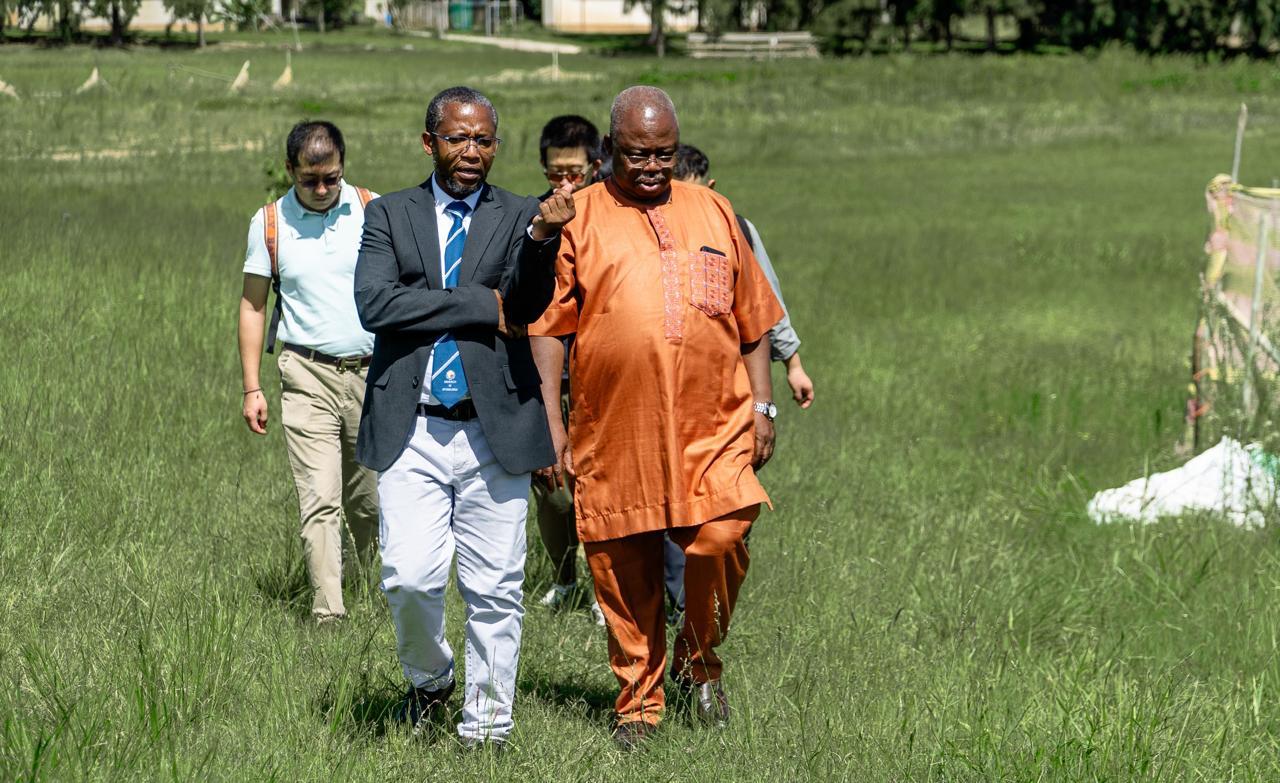 UMP’s ambition to position SA as a leading rice exporter
UMP’s ambition to position SA as a leading rice exporter
ANALYSIS: How Limpopo ANC avoided a massive downward spiral
Sizwe sama Yende
With rapidly dwindling support in traditional strongholds, the ANC has remained with Limpopo as its bastion of support.
The ANC won Limpopo with 74.23% and, closer to this margin, was the Eastern Cape with a 62.47% score.
In Limpopo, the party has shown vulnerabilities in certain regions such as the Waterberg where it lost some municipalities to coalitions of the opposition but that has not dented the party’s support that much. Although the 74.23% is a decline from 78.60% in 2019, it is still an impressive landslide victory.
Here, the ANC can only work towards recovering the lost four or so percent of voters and build on attracting more in 2029.
Outside Limpopo, the ANC must be very worried with the latest results. Mpumalanga province slid down from 78.23% in 2019 to 51.89% this year. Free State, North-West have gone down to 52.53% and 58.53% respectively.
These figures show that it will be an uphill battle to curb the downward spiral in the next general elections.
Gauteng was lost a long time ago, and the declining support first manifested in local government, the City of Johannesburg, and the Tshwane Metropolitan Council. There is nothing more to say about it as Panyaza Lesufi is certainly the last ANC premier for the province.
There must be something that Limpopo ANC is doing right. It might have lost municipalities and might be experiencing some internal strife, but it emerged even with the MK Party having tried to make inroads into the province through some traditional leaders.
Former president, Jacob Zuma, previously had huge support in the province.
Limpopo ANC secretary, Basikopo Makamu, who also headed the elections, said the province’s leaders put their differences aside and focused on winning the province.
The province came back from the Nasrec conference divided following Premier Stan Mathabatha’s disastrous campaign to be elected national chairperson. Mathabatha defied branches and tried to sway them in the eleventh hour against voting President Cyril Ramaphosa for a second term.
Realising that he was not getting support from the Ramaphosa camp to be chairperson, Mathabatha decided to throw in his lot with former Health minister, Zweli Mkhize.
“No matter what differences we may have had, when we campaigned, we closed ranks and focused on the elections,” Makamu said.
“We succeeded to get the alliance – SACP, Cosatu and SANCO – to work with us even though the relationship was not as strong as it should be. The ANCYL also understood that we had an important task to deliver in the elections,” he added.
The SACP was not impressed with the election of most of the top five officials in the last provincial conference due to their implication in the Venda Building Society (VBS) Mutual Bank scandal.
“As a province, we were quick to accept that we’re doing well on providing water and roads would give explanation before people asked. We were working closely with traditional leaders. I, as MEC responsible for traditional leaders, was always available whenever they needed me,” Makamu said.
Even though some traditional leaders – disillusioned with Mathabatha’s handling of chieftaincy disputes – were threatening to rally behind the MK Party, they could not cause any dent before and after the elections. Zuma had to abandon some rallies in Limpopo because people did not attend.
Mpumalanga lost many votes to the MK Party, particularly in the Gert Sibande and Nkangala regions. Ehlanzeni remains the organisation’s stronghold. It was in the Gert Sibande and Nkangala regions where the organisation failed to win four municipalities with an outright majority.
The ANC in this province might have also felt the impact of defection of its influential leaders to opposition parties.
Mpumalanga, having been the ANC’s traditional stronghold, made the ANC to take its foot of the pedal and forget that the areas close to KwaZulu-Natal could be affected by the MK Party wave.

